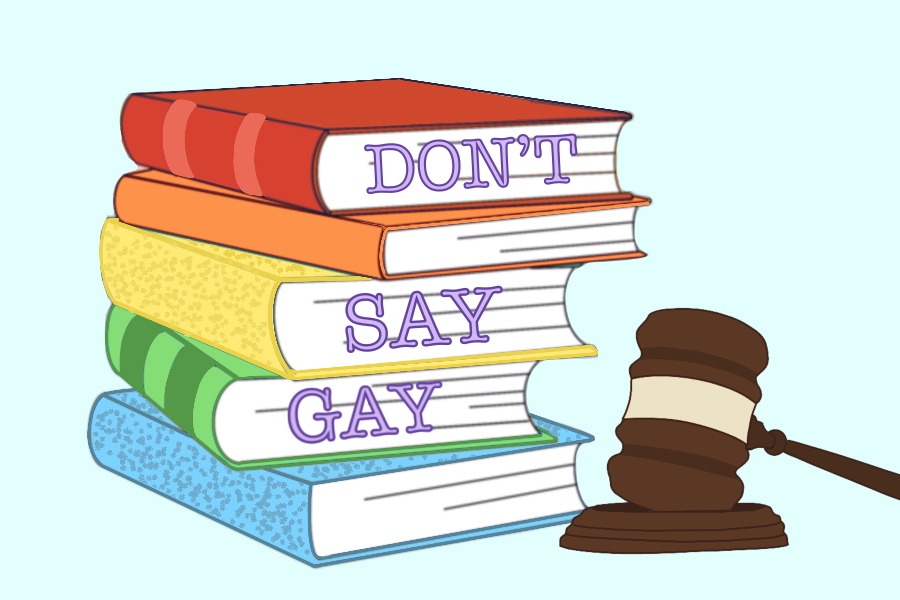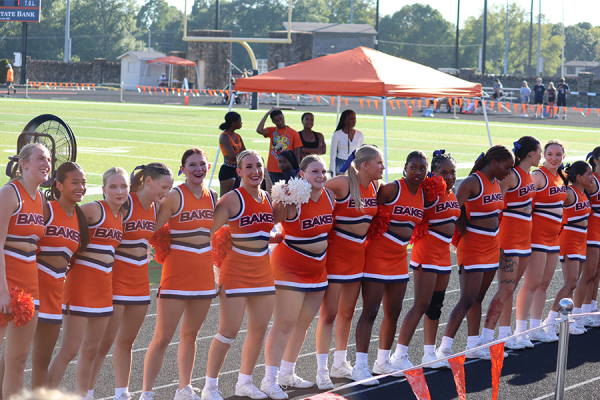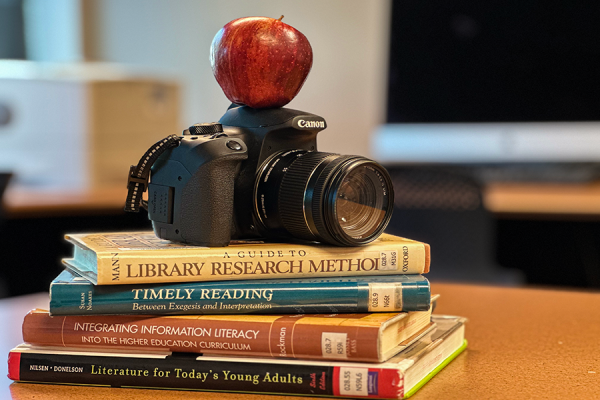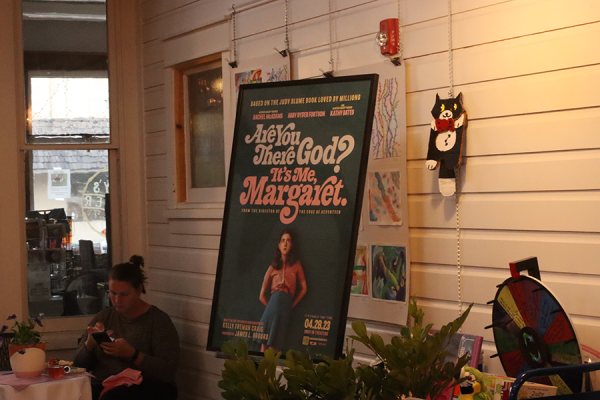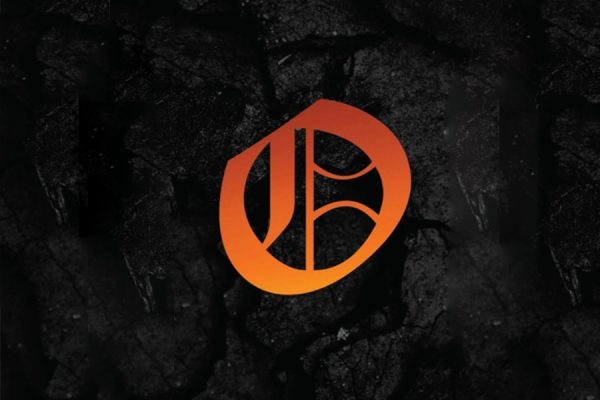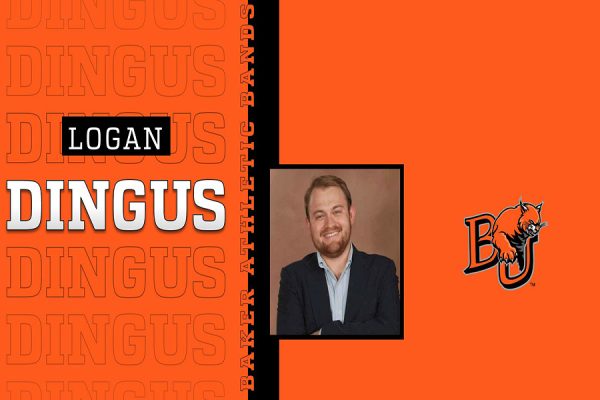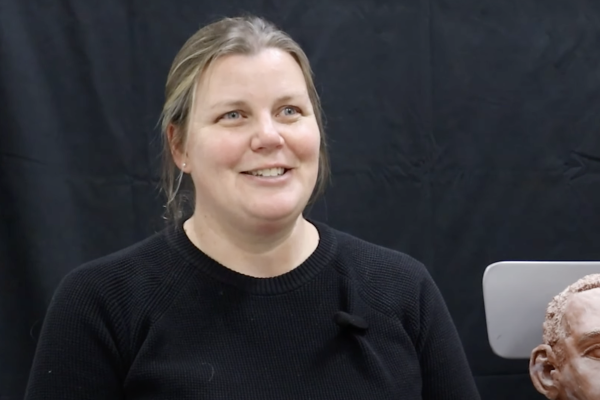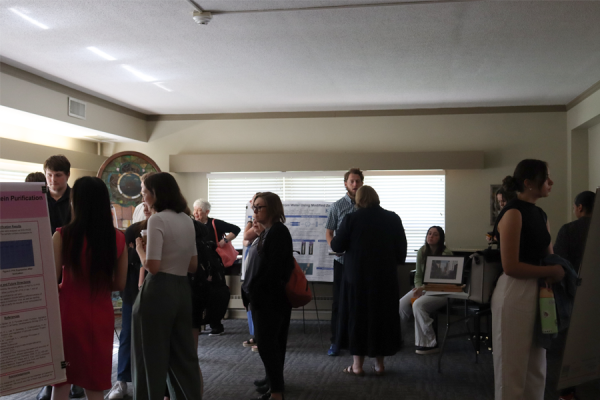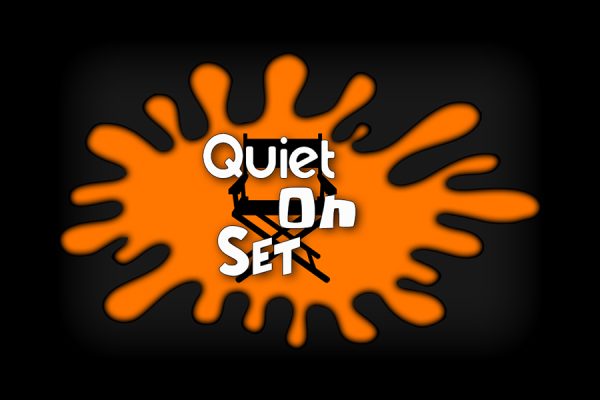“Don’t Say Gay” and why it will not protect students
In recent months, bills regarding LGBTQIA+ rights have been in high discussion. The passing of the “Don’t Say Gay Bill” on March 28 is the biggest example.
On March 28, after several weeks of controversy, Florida Governor Ron DeSantis signed into law the “Parental Rights in Education” bill. It will go into effect in July 2022. However, it is more commonly known in the public eye as the “Don’t Say Gay” bill.
For those unfamiliar, the Parental Rights in Education bill promises to give parents more control over what their children are learning in school. According to the law, it prohibits school instructors from teaching students about sexual orientation or gender identity. The focus is primarily on children in kindergarten through third grade. But it also restricts teaching older grade levels “in a manner that is not age-appropriate”.
Since it was first passed by the House of Representatives in Florida in late February, the bill has been the subject of heavy backlash from the LGBTQIA+ community and its allies. Protests have occurred at the state capital with some having students and educators in attendance. Even employees of the Walt Disney Company had a walkout staged on Mar. 2 to advocate for the company to take a more definitive stance against the bill.
But the bill does have defenders, including DeSantis. Proponents argue the bill ensures that children are learning age-appropriate material and not having “someone’s cultural agenda” be pushed on them. DeSantis himself has said that the bill is designed to protect children from being given “sexual instruction” when they’re still young.
But that is the fundamental issue with the Parental Rights in Education bill: who gets to define what is “age-appropriate” for the students?
Last February, a few weeks prior to the Parental Right in Education bill, there had been a recent push of book bannings going on in Florida. The push was, once again, centered around giving parents more say over what’s “inappropriate” for schools to carry. Like other cases of challenged books, many of the targeted books were about members of the LGBTQIA+ community. One in particular is the picture book “I am Jazz”, which tells the story of a young transgender girl.
It is not unreasonable to conclude that the Parental Rights in Education law will disproportionately affect conversations centered around the LGBTQIA+ community, if the levels of “appropriateness” are consistent. But just because it empowers the parents, it does not mean it will protect the children. Especially not if they’re LGBTQIA+.
Historically, LGBTQIA+ students are more likely to experience bullying because of their identity. It was reported than in 2019, almost a third of all transgender students reported being threatened while at school, compared to only 7-percent of cisgender students. A third of all gay, lesbian and bisexual students experienced bullying. Because of how prevalent this bullying is, it also leads to worse academic performance, avoiding school out of fear for their own safety or attempt suicide as the result of mistreatment.
At one point during the bill’s development, there had been a proposed amendment that made it mandatory for school faculty to out students to their parents. While the amendment was withdrawn an hour before the House met, the consequences if this came to pass is abysmal. LGBTQIA+ youth make up 40% of the homeless youth population, largely because 1 in 4 of them are forced out of their homes by unaccepting parents. But even if they aren’t, an unsupportive family leads to worse mental health issues in the students.
If LGBTQIA+ issues are banned from classroom discussions, it only reinforces the stigma that they’re taboo topics that have no place in the public eye. If they can’t be themselves in school and they can’t be themselves at home, where can they exist safely? Because the underlying implication is that they’re unacceptable everywhere.
Despite its claims, The Parental Rights in Education bill does not protect kids. It only makes it harder for them to explore and discover who they are in a safe environment. Not saying gay won’t prevent them from becoming gay, transgender or anything else. It just means they won’t have the words to say it.

Maria Gutierrez is a senior from Salina, Kan. She is a mass media major and a part of the Alpha Chi Omega sorority. In her spare time, she enjoys writing,...


